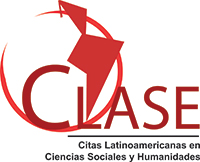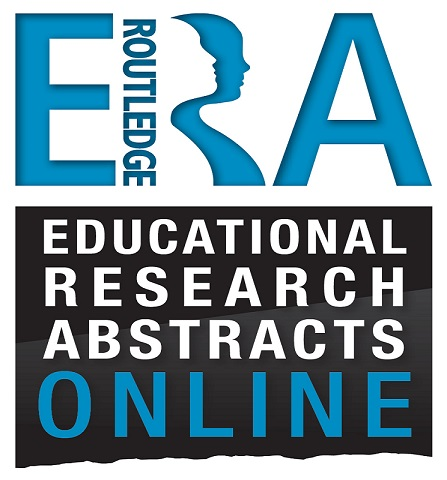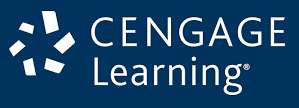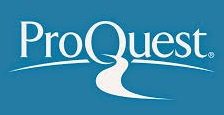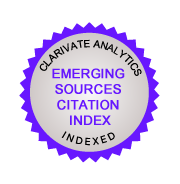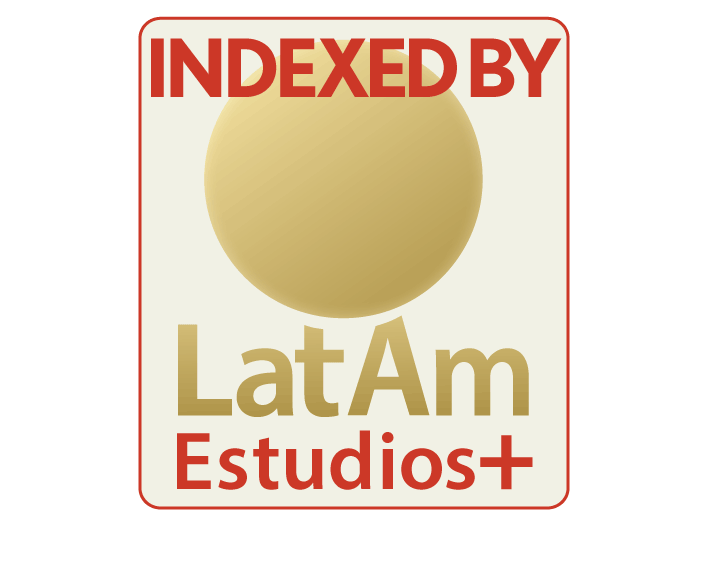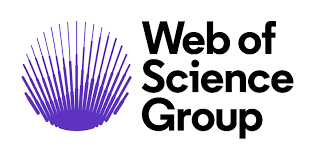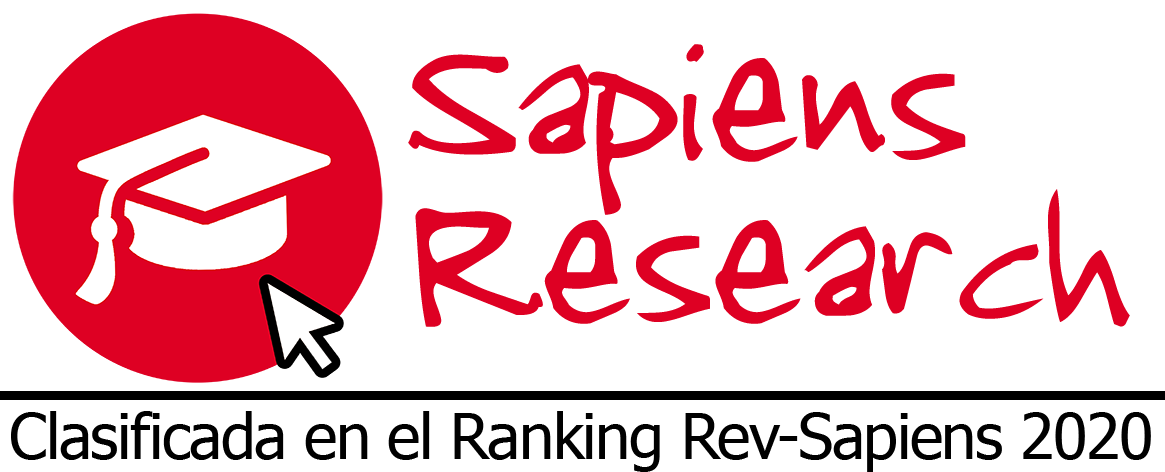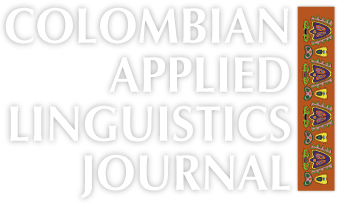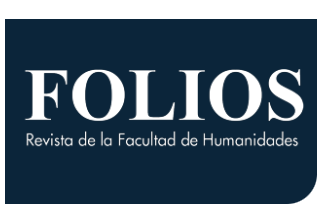Profile: Issues in Teachers’ Professional Development... Now in Scopus!
Profile: Issues in Teachers’ Professional Development... ¡ahora en Scopus!
DOI:
https://doi.org/10.15446/profile.v21n1.76887Keywords:
Teachers' professional development (en)Formación profesional docente (es)
Recibido: 3 de noviembre de 2018; Aceptado: 8 de diciembre de 2018
We are pleased to open this edition with this good news: Starting this year, the contents of the journal will be indexed in Scopus database. Let us remember that Scopus is the largest abstract and citation database of peer-reviewed literature in the world. It includes scientific journals, books, and conference proceedings. In the Colombian context, Scopus is considered a key database, which has a great impact on the evaluation of the quality and visibility of the journals. Being part of it becomes a requirement for the classification of academic journals in the national indexing system.
This achievement represents another opportunity to augment the international visibility of Profile and the spread of our authors’ articles. This recognition comes after several years of constant monitoring of the editorial processes. Along this journey, we have counted on the cooperation of several people. That is why we express our gratitude for all the actors involved in the production and issuance of the journal, especially to our authors and evaluators. We also acknowledge the support of Universidad Nacional de Colombia, the Centro Editorial of the Facultad de Ciencias Humanas, and the members of the PROFILE Research Group at the same university.
The formal process of evaluation in Scopus started in 2010 and two years later we were informed that our journal would not be included. We regretted that decision and did not give up in our attempts to maintain a publication characterized by its conviction of including manuscripts by teachers from different teaching backgrounds. This inclusive vision has been recognised by different academic communities and databases. However, we kept Scopus in mind as one of the targets. Finally, in June 2018, the Content Selection and Advisory Board (CSAB) of Scopus notified us that we had been accepted for inclusion. As expressed in the evaluation, their decision was based on the fact that the journal consistently includes articles that are scientifically sound and relevant to an international academic or professional audience in this field. They also considered that the abstracts are in keeping with Scopus English language requirements and that, in general, the content of the articles is consistent with the scope and aims of the journal. Scopus also acknowledges that our publication addresses a subject area not properly covered by an existing journal and that, although the scope of our journal is narrow, it addresses the need of an important audience niche.
In contrast, the remarks stating that articles in Profile have attracted few citations by readers of other publications currently covered by Scopus make us think to what extent we should make efforts to comply with that. As argued in previous editions, rather than getting citations, we believe emphasis should be placed on maintaining a forum for pre-service, grassroots teachers, teacher educators, and established researchers. We are aware of differences in expertise among our authors, as can be evidenced in their approach and tone to report their studies. Nonetheless, we maintain our commitment to supporting less experienced authors to comply with the journals’ guidelines and to meet the expectations of a varied readership. This achievement, which brings pride to our editorial team, reaffirms our mission and vision. We want to be a point of reference for communities in peripheral contexts like the ones we have in Colombia and many other countries most of our authors are based in.
We have gathered eleven articles in this edition; six of them are authored by Colombian scholars and of the other five, three come from Mexico, one from Brazil, and one from Spain. The first section, Issues From Teacher Researchers , includes eight articles concerning the identity of students and teachers, pedagogical knowledge of pre-service and in-service teachers, teaching and learning strategies, and technology based learning.
The first article, written by Pedro Augusto de Lima Bastos and Rosane Rocha Pessoa from the Universidade Federal de Goiás (Brazil), examines the identities of adolescent students in Brazil regarding their body image and how through a critical approach to language teaching, the topics of beauty standards and fatness were problematized in a teaching material designed to give an answer to oppressive stories of fatness and beauty standards lived by adolescents. Next, Álvaro Hernán Quintero Polo from the Universidad Distrital Francisco José de Caldas (Colombia) discusses how a transformative and critical attitude shapes formative pedagogical and research experiences that resulted in high levels of sensitivity towards socially associated issues in language education. The third study presents how English teachers in Mexican higher education face linguistic ideologies, supposedly natural and apolitical, of the foreign language resulting in language hierarchies, cultural homogenization, and English linguistic discrimination; elements that shape the perceptions and in the end the identity of the English teachers. This article was written by Colette Despagne from the Benemérita Universidad Autónoma de Puebla (Mexico). Then, Colombian researcher Alejandro Fernández Benavides from Universidad Santiago de Cali (Colombia) presents a study in which Livemocha, a language learning website, was used to understand the inserted intercultural elements. The platform fosters the description of festivals and food and some intercultural skills. The fifth article, written by Nahum Samperio Sánchez from Universidad Autónoma de Baja California (Mexico) revolves around the learning strategies used by high and low achievers in the first level of English. Both achievers use different strategies, but their success lies in the frequency of use of the selected alternatives. The paper developed by María Catalina Gómez Jiménez from Universidad Pontificia Bolivariana (Colombia) and Claudia Patricia Gutiérrez from Universidad de Antioquia (Colombia) comes next and reveals the commitment of a teacher and her students in a private institution when engaging in critical literacy practices. The results of this study showed that English students were sensible towards the power they have as agents of social change, while developing language skills. On their part, Lizbeth Gómez Argüelles, Edith Hernández Méndez, and Moisés D. Perales Escudero from Universidad de Quintana Roo (Mexico) discuss teachers’ attitudes towards oral corrective feedback as a teaching strategy. Teachers favored implicit corrective feedback strategies over explicit ones as a result of the unawareness of corrective feedback strategies and a need for more theory-based corrective feedback training and practice. The first section closes with the paper produced by Claudia Gómez Palacio, Deisa Enid Gómez Vargas, and Hadaluz Pulgarín Taborda from Universidad de Antioquia (Colombia), where the authors depict the development of pedagogical knowledge as a result of coaching. Coaching offers possibilities for building trust, interest, and self-leadership in the development of the professional profile.
In the second section, Issues From Novice Teacher Researchers, we include a study by Derly Yuleith Guzmán Gámez and Johana Andrea Moreno Cuellar from Universidad de la Amazonia (Colombia). These novel researchers investigated Plotagon, an interactive and attractive interphase for creating digital stories, to motivate the development of the writing skills in secondary school teachers. The results speak of an increase in vocabulary, writing, and other language skills.
The last section, Issues Based on Reflections and Innovations, includes two articles: The first one, submitted by Daniel Pascual from the Universidad de Zaragoza (Spain), relates as well to the inclusion of technology in the form of travel blogs to develop students’ communicative and digital competences. The paper offers a proposal for implementing the travel blogs in the teaching of English in secondary education in Spain. The proposal includes a corpus and a series of lesson plans that take into account the principles of communicative language teaching and task-based learning, together with the corpus-based results. The study aims to equip students with knowledge of digital genres to enable them to interact digitally in travel blogs. The last article was written by Colombian academics Edgar Lucero and Katherin Roncancio-Castellanos from Universidad de La Salle (Colombia). In it, they examine the experiences of pre-service teachers in their practicum in a private setting through the writing of journals and group talks. The results reveal the importance of mentors in the teaching practices as a starting point in the construction of identities as language teachers.
We hope you enjoy this edition and help us spread the word about its contents. We will continue working to safeguard the prestige the journal has thus far acquired thanks to the commitment of authors in sharing relevant contents for the teachers and researchers in the English language area.
How to Cite
APA
ACM
ACS
ABNT
Chicago
Harvard
IEEE
MLA
Turabian
Vancouver
Download Citation
License
Copyright (c) 2019 Profile: Issues in Teachers´ Professional Development

This work is licensed under a Creative Commons Attribution-NonCommercial-NoDerivatives 4.0 International License.
You are authorized to copy and redistribute the material in any medium or format as long as you give appropriate credit to the authors of the articles and to Profile: Issues in Teachers' Professional Development as original source of publication. The use of the material for commercial purposes is not allowed. If you remix, transform, or build upon the material, you may not distribute the modified material.
Authors retain the intellectual property of their manuscripts with the following restriction: first publication is granted to Profile: Issues in Teachers' Professional Development.





